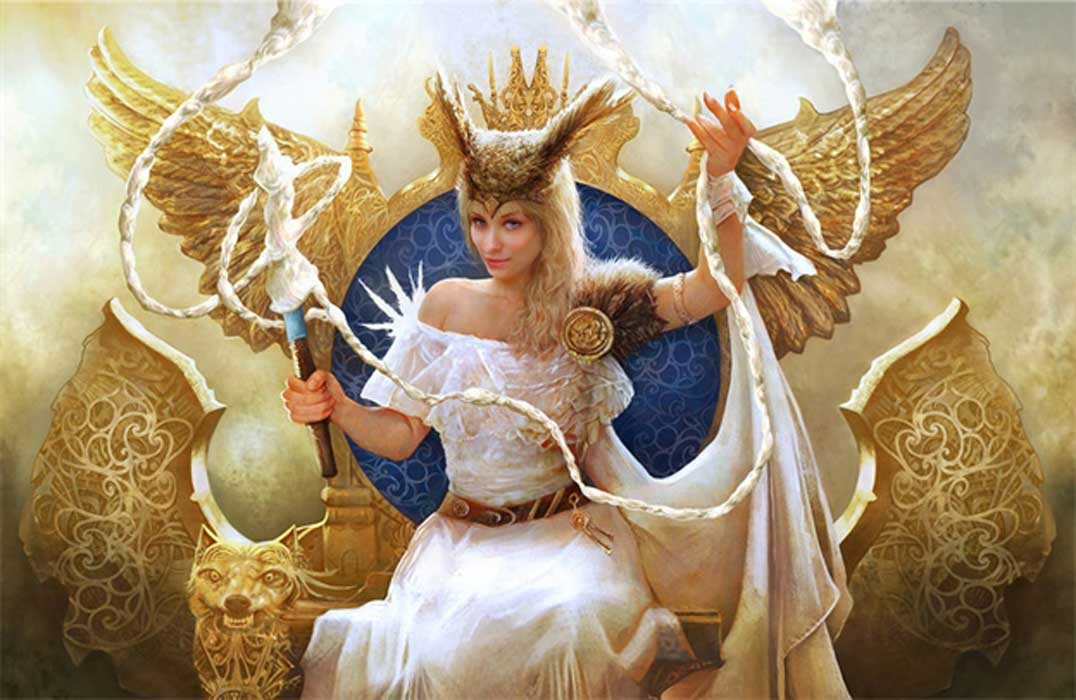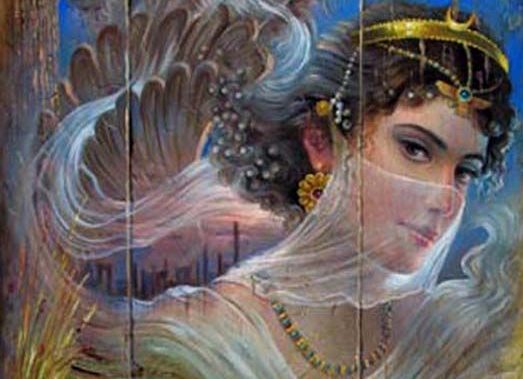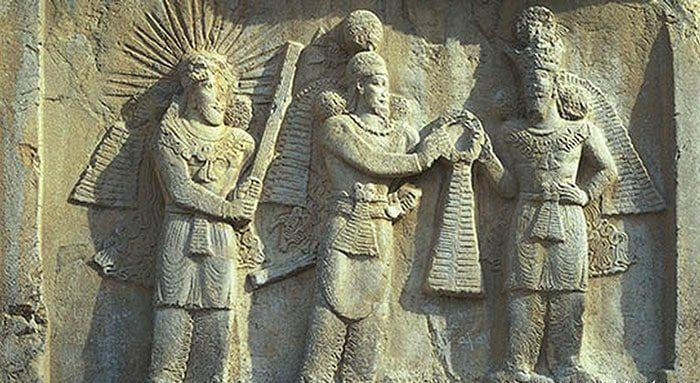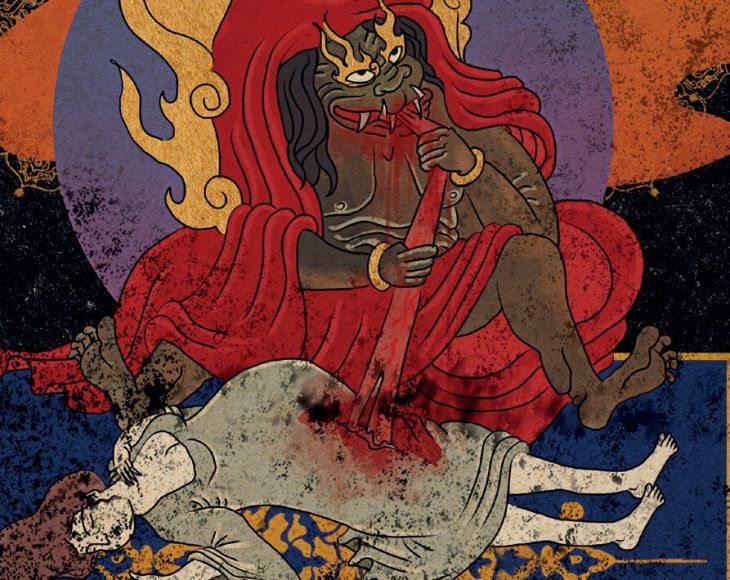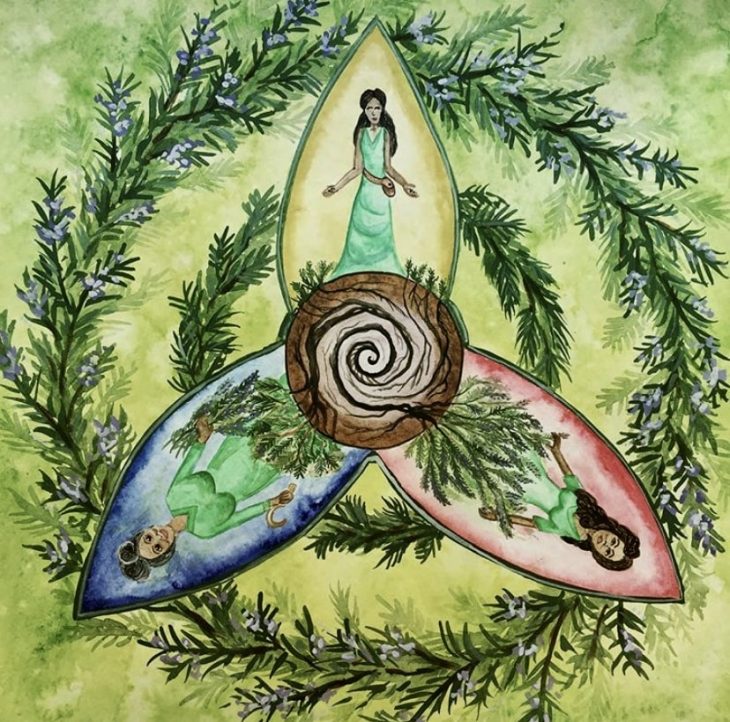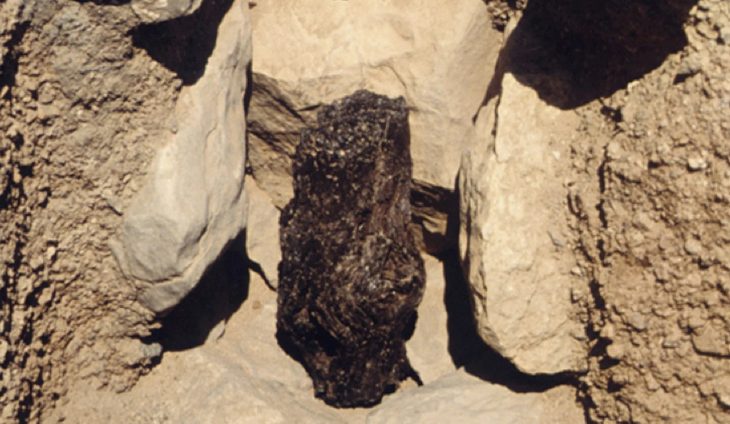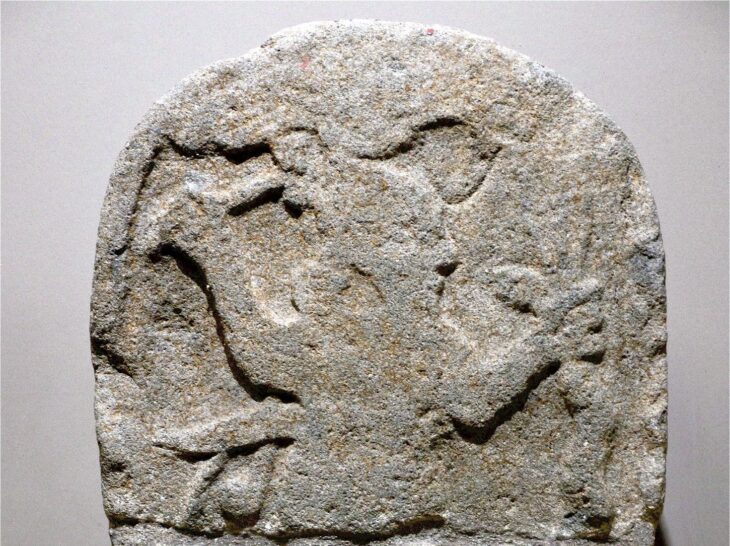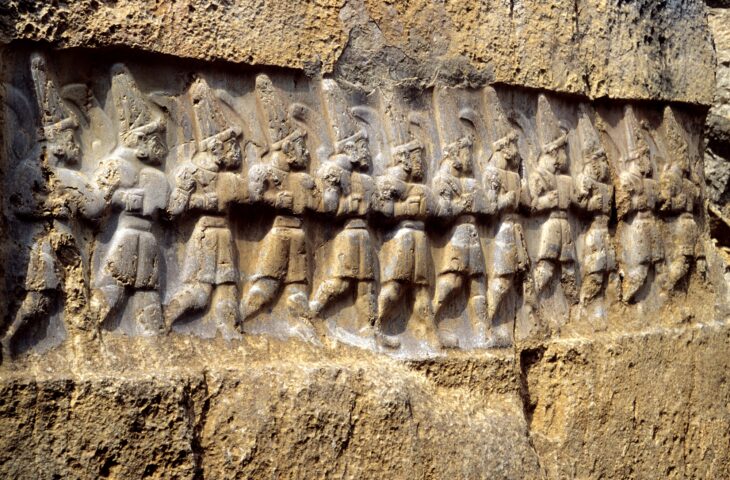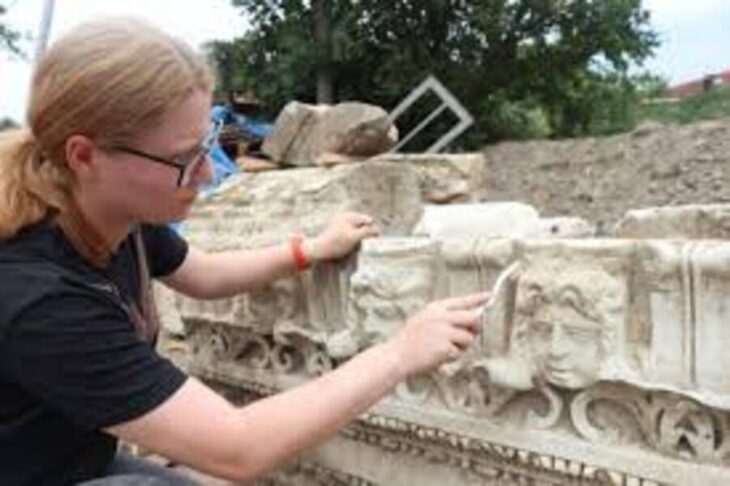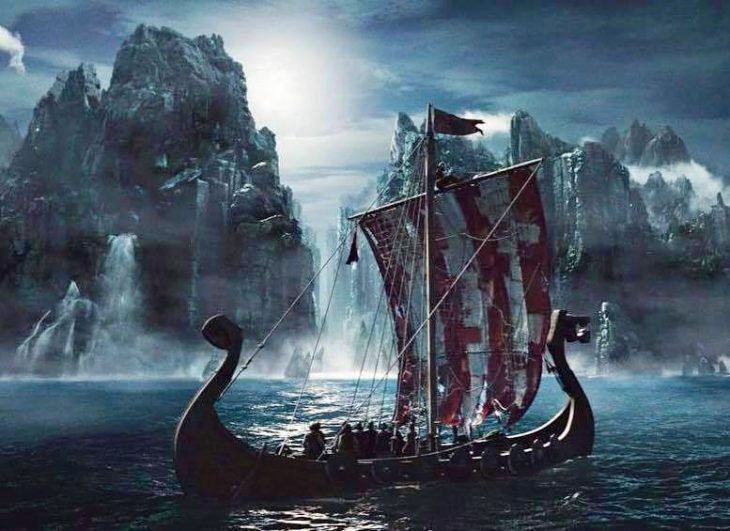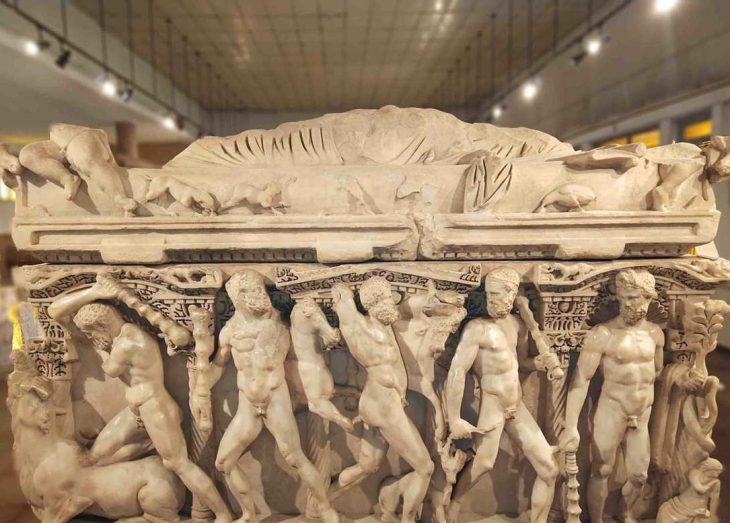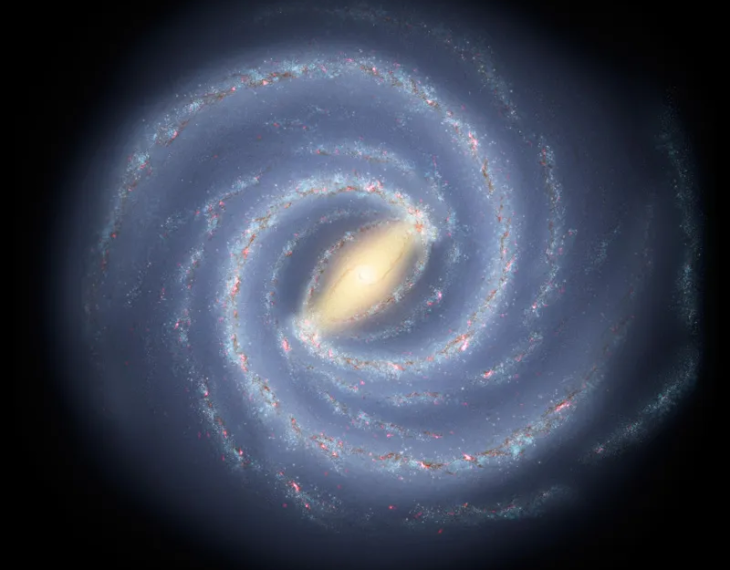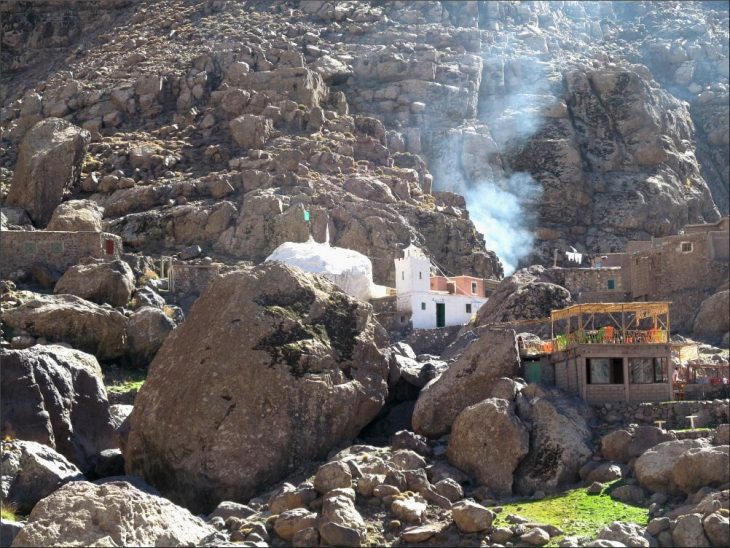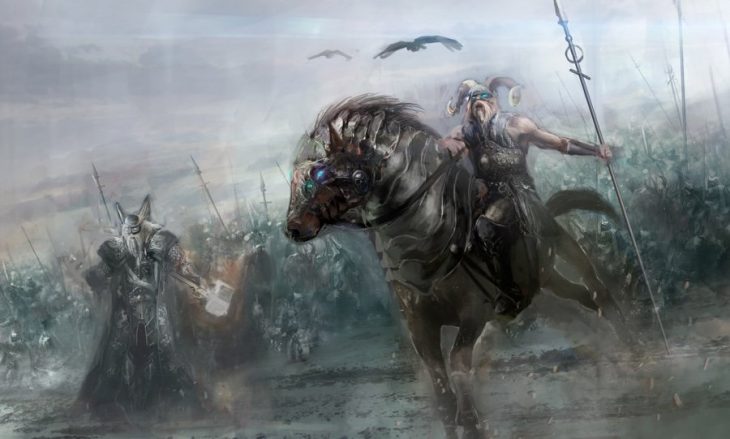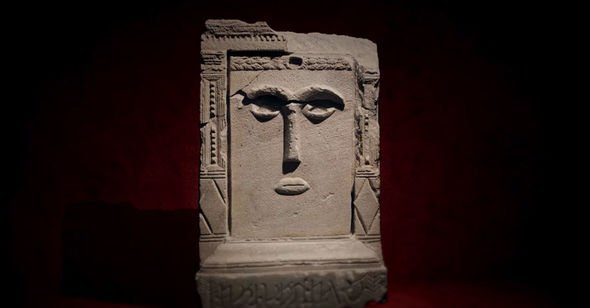Frigg is Asgard’s Queen and the most powerful goddess. Her home is called Fensalir, which means “hall of the marshlands”. Her father’s name is Fjorgynn, and she is married to Odin. She is the mother of Balder, Hodor, and Hermod and is the goddess of motherhood.
Frigg and Freyja are quite similar, and their roles are occasionally confused. Frigga was the goddess of marriage, love, and fate. Freya was a Valkyrie, warrior goddess, and the goddess of sensual love. Despite having multiple partners, this alluring goddess was the wife of the enigmatic Norse deity Od.
Despite the fact that Frigg was married to the god of knowledge, she was capable of outwitting him, and they occasionally agreed to bet on certain matters. Odin sought assistance from his wise wife on a variety of subjects, and though she never made prophecies, she was quite knowledgeable about the future.
Frigg is surrounded by women since she is the Queen of the Goddesses. Fulla, Frigg’s attendant with the gold band in her hair, watches after Frigg’s unique ash box and all of her shoes and knows all of Frigg’s secrets. Gna, another companion, is dispatched as a messenger. When Frigg desires to protect someone, she sends the goddess Hlin, a name that is occasionally ascribed to Frigg.
Frigg’s mythological manifestation focuses on her family life. Although she is greatly blessed, she also faces terrible heartache, which will eventually become her legacy.
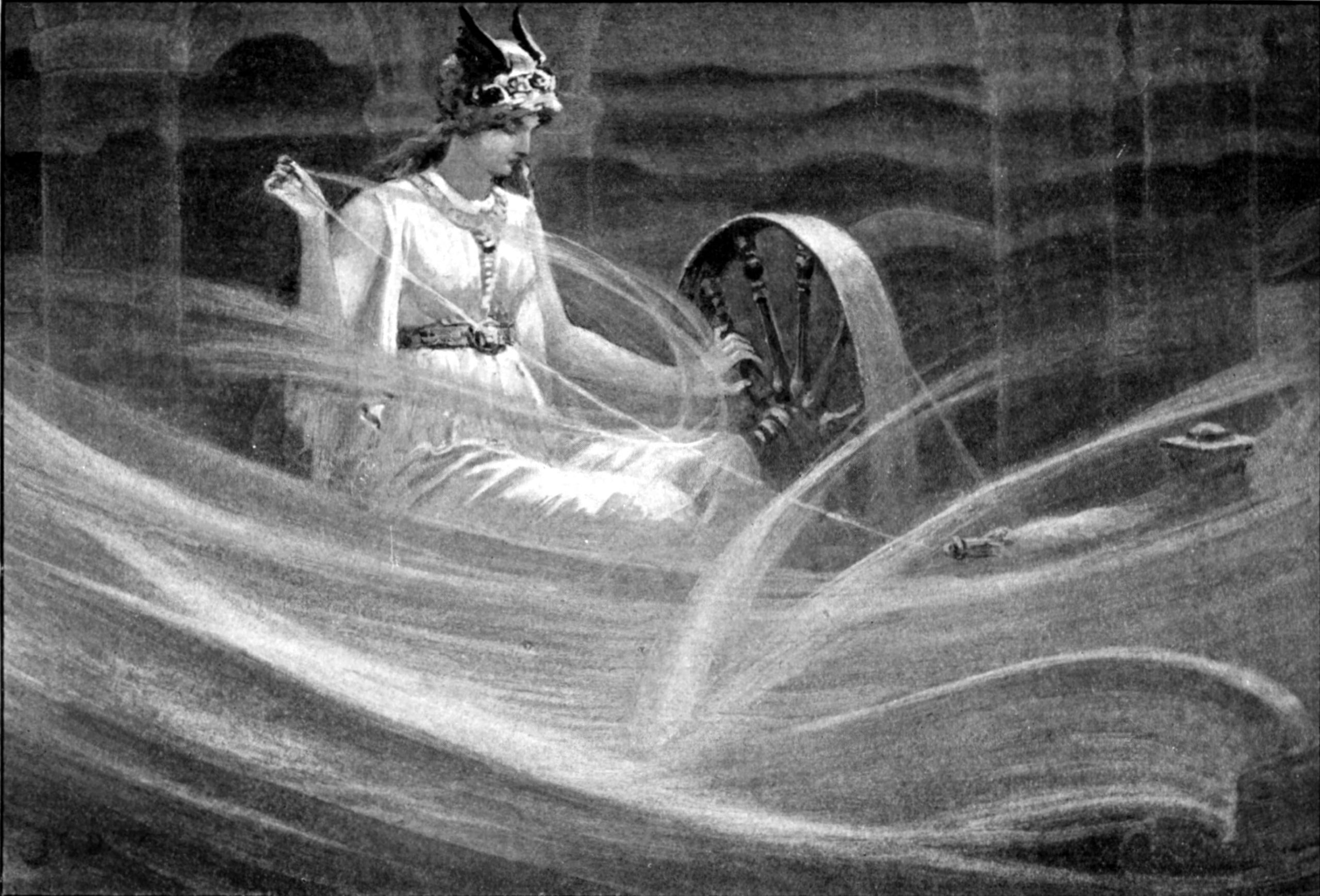
The Loss of a Son
The myth about Frigg and her role as a mother is by far the most famous. She gave birth to a son named Balder who was the light of her life. The whole world seemed to rejoice when he was born and she was dedicated to helping her son grow. She was also incredibly protective. This instinct grew stronger when Balder had a dream that predicted his own death.
Frigg went around to every living thing in the entire world and demanded that her son would not be harmed. She was unable to demand protection from the mistletoe, which seemed insignificant at the time.
With the passage of time, the gods concocted a game featuring Balder. They’d hurl whatever they could find at him and watch the things bounce off of him, never bruising or scratching him. Balder was never wounded, regardless of the item’s size or weight.
This activity lasted until Loki threw a mistletoe-tipped dart to Hoor, Balder’s blind twin brother. Loki informed Hoor that he would assist him in playing the game with Balder. Hoor hurled the dart at his brother with Loki’s help. Instead of bouncing off him like every other living creature on the planet, it penetrated his heart and instantly killed him.
Frigg collapsed on the ground in grief when she learned of her son’s death. After the first shock wore off, she set to work attempting to change Balder’s fate. She dispatched Hermodr to the Underworld, where an attempt was being made to ransom Balder’s soul. The Queen of the Underworld, Hel, agreed to release Frigg’s son, but only if all living things would weep for him.
Frigg immediately set out, imploring every living thing in the world to mourn for her lost son. They were all in agreement until Frigg approached the planet’s last living thing, a giantess named Thokk. She declined Frigg’s desire to cry, saying, “Living or dead, I loved not the churl’s son. Let Hel hold to that she hath!”
Many Norse mythology interpreters think that this giantess was actually Loki in disguise. In any case, this condemned Balder to the Underworld for all time.
Frigg is typically portrayed as a beautiful, strong-willed lady. In many pictures, she is shown with her husband Odin, paying tribute to her strong role as a wife in Norse mythology. She is often pictured against soft and beautiful backgrounds, which seem to symbolize her calming nature.

